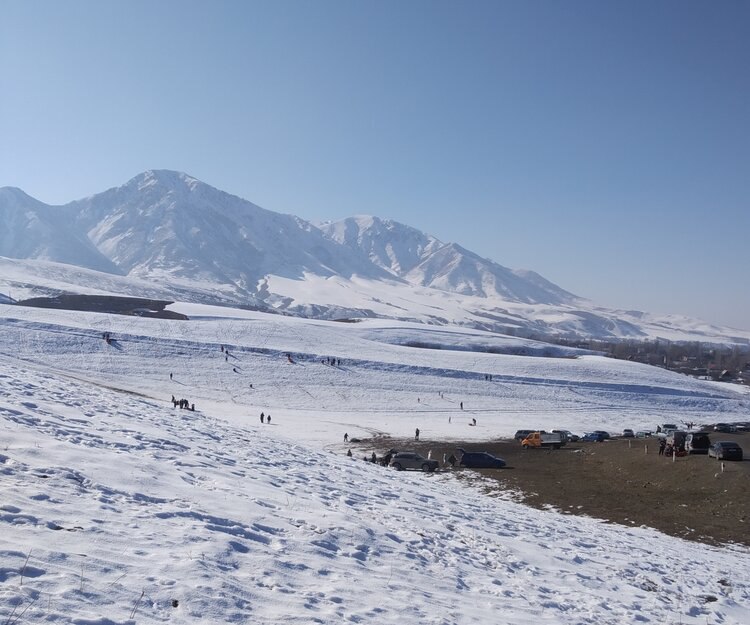Russia Looking to Export Gas to China via Kazakhstan
Russia continues to try to reorient its natural gas exports from Europe to Asia and is planning a new pipeline route to China that would pass through Kazakhstan. Kazakhstan stands to benefit not only from transit fees, but could also import some Russia gas for regions in northeastern Kazakhstan that are desperately in need of more energy sources. The Russian plans are bad news for Turkmenistan as China is Turkmenistan’s main gas customer and Turkmen authorities were hoping to sell China even more gas. On November 15, Russian Deputy Prime Minister Aleksandr Novak mentioned the pipeline plan on the sidelines of a Chinese-Russian forum in Kazan, Russia. Novak said such a project is still only being discussed, but Russian media outlet Kommersant wrote on November 18 that there are already three options for the pipeline. All three possibilities pass though northeastern Kazakhstan, but Kazakhstan’s level of participation in the pipeline is different in each variation. One of the projects would require Kazakhstan to build a pipeline for gasification of the northeastern Pavlodar, Abai, and Karaganda provinces. A second proposal would include only the Abai and Zhetysu provinces. Russian gas giant Gazprom’s financial obligation also changes depending on the pipeline project selected. The most expensive option for Gazprom would cost more than $10 billion to construct and would not operate at full capacity until 2034. All versions foresee at least 35 billion cubic meters of Russian gas (bcm) shipped via the pipeline with Kazakhstan receiving some 10 bcm, which would greatly alleviate recent power shortages in northeastern Kazakhstan. Despite Novak saying the pipeline project was only being discussed, Kazakhstan and Russia appear well along in their planning. In early May, Kazakh Ambassador to Russia Duaren Abayev gave an interview to Russia’s TASS news agency and mentioned there was a “roadmap” for supplying 35 bcm of gas to China via Kazakhstan. Russia already exports gas to China via the “Sila Sibiri” (Power of Siberia) pipeline and expects that in 2024 the pipeline will for the first time reach its full capacity of 38 bcm. Construction of Sila Sibiri-2 with a planned capacity of some 50 bcm has been delayed due to China’s reluctance to loan Russia money for construction, differences over price, and China’s increasing purchases of liquefied natural gas (LNG). Novak commented on Sila Sibiri-2, saying the pipeline project involving Kazakhstan was separate and the Russian government will continue to negotiate with China about construction of Sila Sibiri-2. Russia is seeking to replace its former main customer, the European Union. Prior to the Kremlin launching its full-scale war on Ukraine in February 2022, the EU was buying between 150-160 bcm of Russian gas annually. The EU sharply cut back on Russian gas imports in response to the invasion of Ukraine and in 2023 imported less than 43 bcm. Russia’s pivot to Asia for gas exports targets the Chinese market, but Gazprom is looking to take any possible Asian customers and has found some in Central Asia. Russia’s surge into the Asian...






